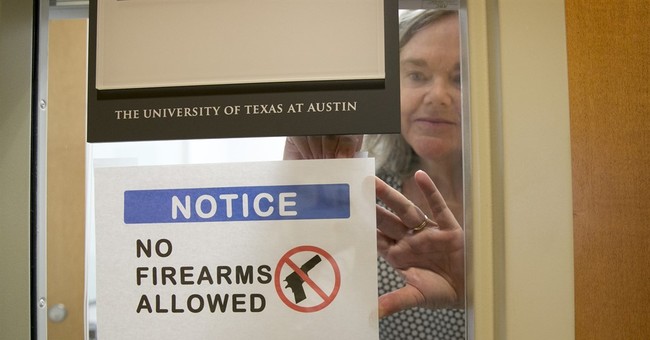
By now, you’re all aware that the Fifth Circuit has killed the challenge to campus carry. This is fantastic news, and not just for Texans. The decision comes in the immediate aftermath of a lower court decision in Georgia, and it represents an important point in the battle over campus carry.
To be clear, though, this challenge was just stupid. I mean, seriously stupid.
You see, the argument was on First Amendment grounds. The professor claimed that allowing firearms in classrooms violated her First Amendment rights. And it was smacked down. Hard.
Over at the Volokh Conspiracy, they go into why this challenge lost.
I think the result is right, but I think Glass should have lost even if the Court had held that she had standing to bring her challenge: There is just no First Amendment right to whatever crime prevention techniques a judge can find to be valuable for protecting speakers.
There is a First Amendment right not to be stripped of normal protections because of what you say, or even because you are a speaker: If the government were to, for instance, refuse to provide police protection to certain kinds of political rallies, that would be unconstitutional. But here there is a broadly applicable, speech-neutral rule — concealed carry licenseholders may carry in a vast range of public places. It’s up to the legislature to decide which forms of crime control (ones consistent with the Second and Fourth and other Amendments, of course) best prevent crime at the optimal cost, and courts can’t second-guess that just because some speakers complain that these general rules aren’t sufficiently protective.
…
As to the Second Amendment, even if you think the Amendment’s prefatory clause should in some measure influence the scope of “the right of the people to keep and bear arms,” that would at most mean that the government may impose certain extra gun controls that wouldn’t have been allowed absent the prefatory clause. It doesn’t mean that the government must impose particular gun controls.
I can’t disagree with any of that, but I’m not a constitutional scholar. He is, though.
But that leaves the question of what happens now?
Some in the mainstream media have already mentioned the Supreme Court, and that’s certainly a possibility. However, I seriously doubt that would work out well in the plaintiff’s favor in this case. After all, let’s take a quick look at the SCOTUS reality for a moment.
The Court has been notorious for not taking Second Amendment cases lately. The plaintiff, Prof. Jennifer Glass, can try to get the Supreme Court to take a look at her case, but recent history suggests it’ll be rejected.
Hypothetically, let’s pretend that they did.
There’s a good chance that by that time, there will be a Justice Kavanaugh on the bench, which would give the Court a decidedly pro-gun slant. That’s a court that’s not likely to step on the Second Amendment, even over a First Amendment claim, especially since it’s kind of a stupid claim. That means the challenge to the law would still go down in flames but potentially do so in a way that makes campus carry the norm throughout the nation.
There’s a reason Washington, D.C. didn’t try to challenge a ruling that made the city a “shall issue” jurisdiction. They didn’t want the Court to overturn may issue, which was a potential outcome.
In other words, there’s not any version of this that gives Glass what she wants. She’s going to have to learn to grow up and deal with guns potentially being in her classroom. That’s the new reality going forward for her, so she might as well get used to it.
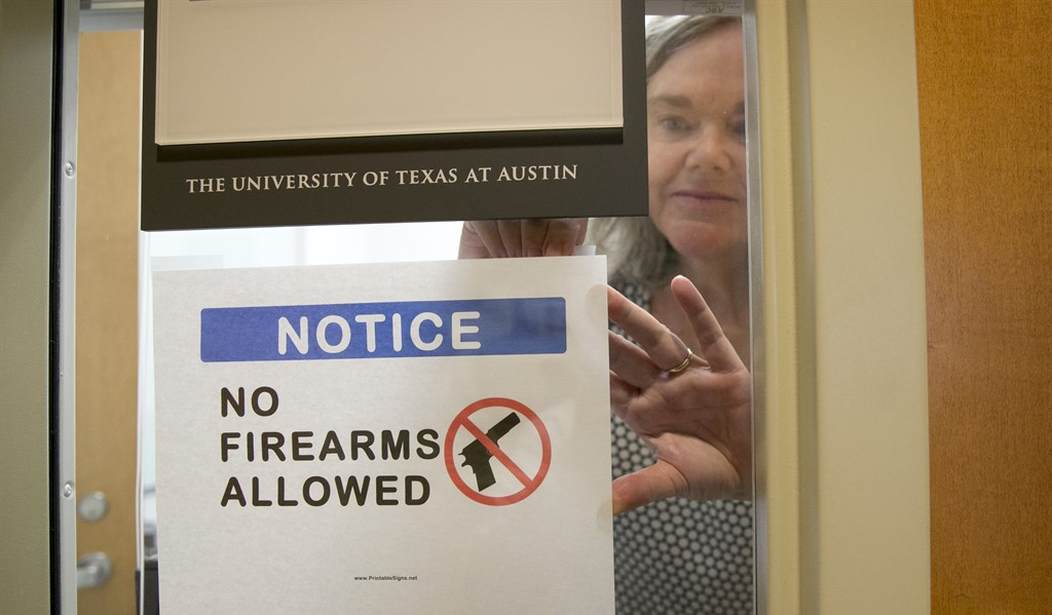

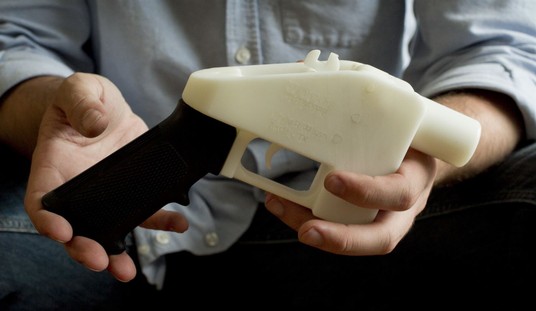


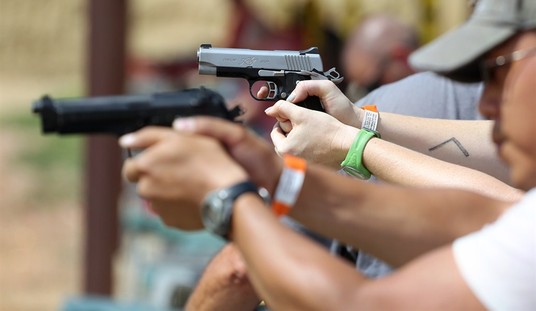

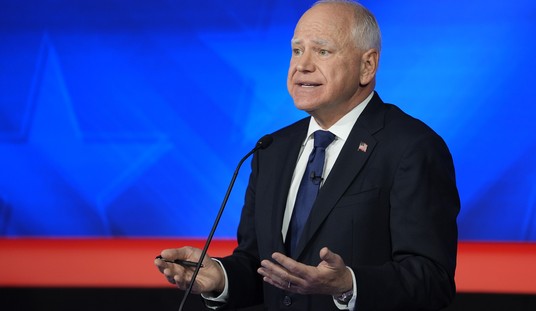
Join the conversation as a VIP Member